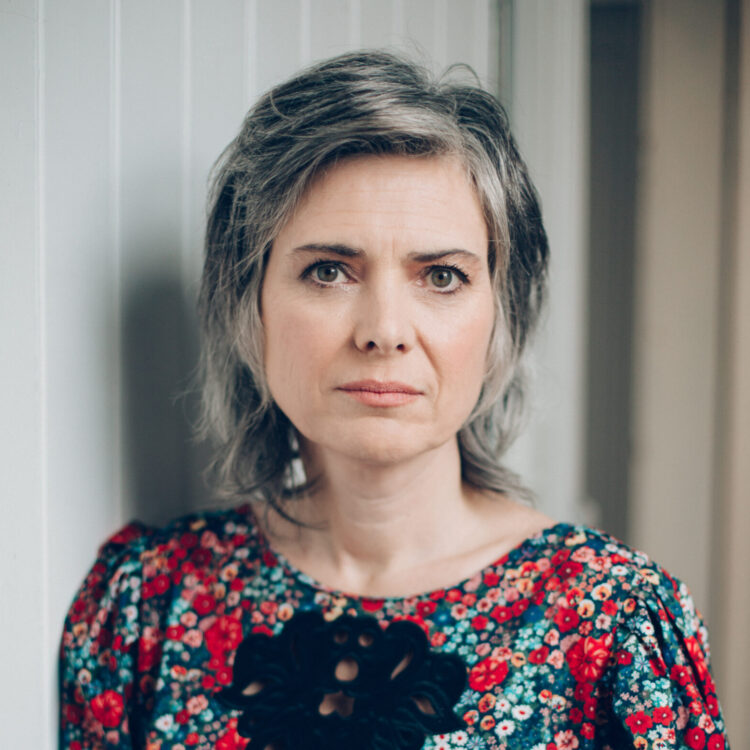For both emerging and experienced short story writers, this course is based in the idea that writing is best done within community. You will use your relationships with each other and with the works of accomplished writers to energise your writing and disrupt the stock-standard writing process. You will learn and share skills and techniques to elevate and complicate your story, with the aim to complete a draft of a short story within the course before entering into a process of revision.
In this relational and conversational learning environment, all participants – including tutor Emma Hislop – will engage in dialogue with each other to learn how to identify and fix problems in their writing. You will learn from each other’s stories, noting the use of language, diction, plot, characters, style and structure. Workshops and writing exercises will be designed for you to bring out your own voice and free yourself from the binds of tyrannical power structures.
This course is designed for literary short fiction writers who want to learn how to write from a place of connection to themselves and to others and to learn in a collaborative, reciprocal environment. This is not about writing the ‘perfect’ story, but learning new ways to generate ideas and write inventive and moving stories that challenge the status quo.
Short Stories: Disrupting the Process also includes a copy-edit on a short story of up to 3000 words by our Editor-in-Residence following the conclusion of the course. This is the perfect opportunity to polish a story to the highest level before submitting for publication at a literary journal or short story competition.
Your course includes:
- 6 weeks of 2-hour evening tutorials
- A complimentary copy of a recent A&U publication
- A copy-edit on a short story of up to 3000 words
- On completion of the course, alumni discounts on future Faber Writing Academy courses and books from the Allen & Unwin Website
Please note this course will be delivered online and all times refer to New Zealand Daylights Savings. Students from both Aotearoa (New Zealand) and Australia are welcome to register.




